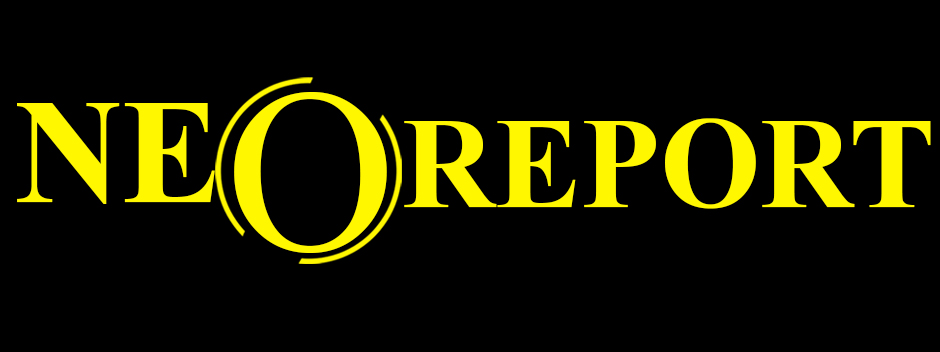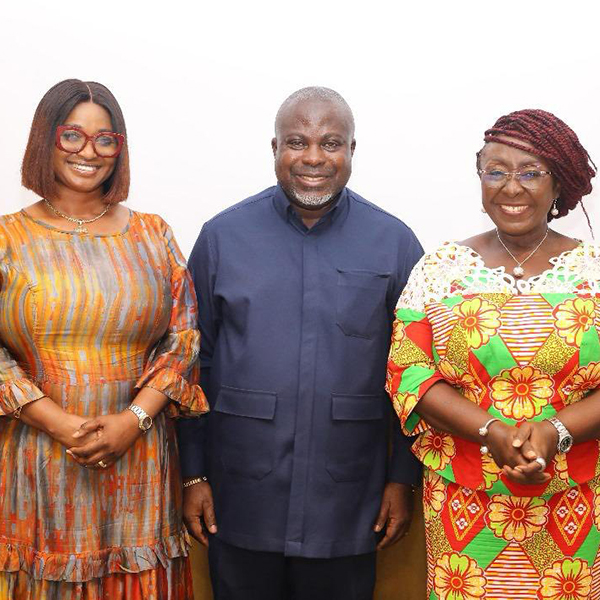The Ministry of Tourism, Culture and Creative Arts (MoTCCA), led by Hon. Abla Dzifa Gomashie, has initiated a landmark dialogue with the Ghana Revenue Authority (GRA) to address long-standing taxation challenges confronting Ghana’s creative industry.
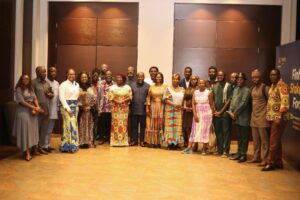
The meeting, held in Accra, sought to lay the foundation for a fair, inclusive, and growth-oriented tax framework — one that recognizes the unique nature of creative work and ensures that taxation supports, rather than stifles, artistic innovation and entrepreneurship.
A Call for Fairness and Empowerment
Hon. Abla Dzifa Gomashie underscored the urgent need for practical reforms that balance government revenue goals with the realities of creative livelihoods. She emphasized that young artists, performers, and innovators are not tax evaders but often victims of an opaque system that lacks tailored policies and accessible information.
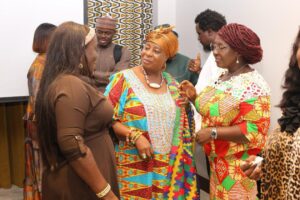
The Minister called for human-centered taxation models, digital integration, and greater education to help creative entrepreneurs formalize their businesses and access the benefits of compliance.
GRA Pledges Partnership, Introduces Digital Solutions
The Commissioner-General of the GRA, Mr. Anthony Kwasi Sarpong, reaffirmed the Authority’s commitment to working collaboratively with the creative sector, stressing that effective taxation depends on mutual understanding, transparency, and trust.
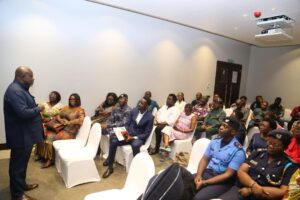
As part of the new approach, the GRA introduced a digital innovation — the Ntoboa App — designed to help creatives manage their tax obligations more efficiently. The platform aims to simplify tax filing, enhance record-keeping, and increase awareness about the importance of compliance.
Raising Awareness Through the Arts
In a creative twist, the Ministry announced plans to use theatre, film, and performing arts as tools for tax education, bridging the communication gap between government agencies and citizens. By integrating tax literacy into artistic expression, the initiative seeks to demystify taxation and promote civic participation through culture.
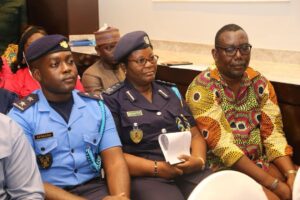
Toward a Sustainable Creative Economy
This engagement marks a turning point in Ghana’s pursuit of a sustainable, equitable, and innovation-driven creative economy. It also reflects growing recognition that culture and the arts are not peripheral sectors but key pillars of national development and job creation.
Stakeholders are calling for the swift implementation of the proposals discussed, urging the Ministry and the GRA to institutionalize continuous dialogue, digital support systems, and capacity-building programs for creatives across the country.
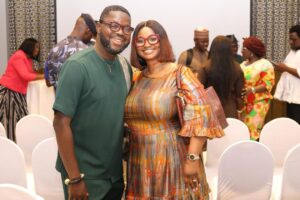
The conversation, leaders say, must now move beyond policy promises to tangible action — ensuring that every creative, from street performers to filmmakers, can thrive under a fair and supportive tax regime.

